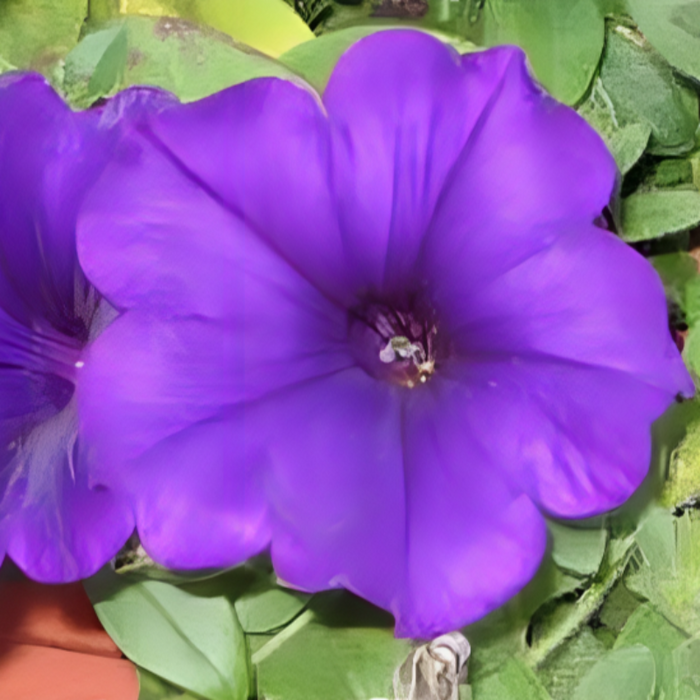
Petunia Annual Flower Seed
Save 50%
Original price
$10.00
Original price
$10.00
-
Original price
$10.00
Original price
$10.00
Current price
$4.99
$4.99
-
$4.99
Current price
$4.99
Dive into a world of floral splendor with these Petunia Annual Flower Seed, boasting a regal hue of purple that will transform your garden into a tapestry of elegance. This easy-to-grow beauty adds a touch of sophistication to any landscape. The Petunia Annual Flower Seed extends its pleasant charm throughout the entire summer, ensuring your garden remains a colorful oasis during the warmer months.
Specifications:
- Color: Produces vibrant purple blooms.
- Plant Seeds: Sow outdoors post-frost or indoors weeks before the last frost.
- Plant Height: Grows to a height of 12 to 18 inches.
- Plant Spacing: Keep 12 to 18 inches of space between each plant.
- Bloom Time: Provides continuous flowering throughout summer.
- Light Requirements: Requires full sun exposure.
- Soil & Water Preferences: Thrives in average soil with regular watering.
- Quantity: Includes a pack of 100 seeds.



